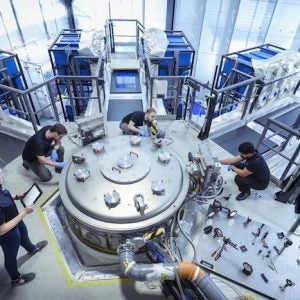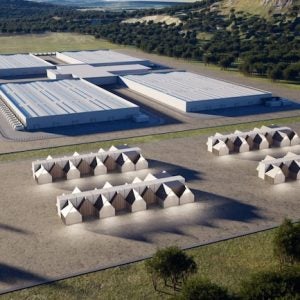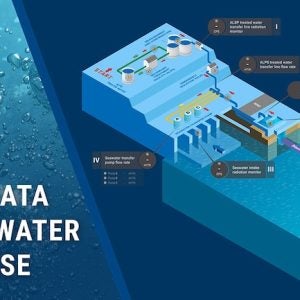 Operators of Japan's Takahama, Genkai and Tokai nuclear power plants are proceeding with safety upgrade work and restart efforts, but some projects are facing delays.
Operators of Japan's Takahama, Genkai and Tokai nuclear power plants are proceeding with safety upgrade work and restart efforts, but some projects are facing delays.
While preparations continue for the restart of unit 3 at Kansai Electric Power Company’s Takahama nuclear power plant in Fukui Prefecture, progress is slow and deadlines are likely to be missed because of safety investigations. Construction work has also been suspended at Kyushu Electric’s Genkai nuclear plant in Saga Prefecture. However, Japanese Atomic Energy Company (JAPC) continues to prepare for the restart of unit 2 at its Tokai nuclear plant in Ibarauki Prefecture.
Kansai said on 17 April that the restart of Takahama 3, an 870MW pressurised water reactor, was facing delays because of ongoing investigations into the condition of two steam generators and the need to complete construction of a back-up control centre. Restart of the unit is not now expected until after December.
Kyushu Electric Power Co also suspended work to build an anti-terrorism facility at its Genkai nuclear plant on 14 April after a worker there tested positive for the novel coronavirus. All civil engineering work at the plant was halted, but the company that operation of the two units (Takahama 3&4) should continue as normal. Constuction work has now reportedly resumed.
Under tougher safety standards imposed after the 2011 Fukushima disaster, utilities are required to construct anti-terrorism facilities for reactors at their plants. For the Genkai nuclear plant, the completion deadlines for the two reactors are August and September 2022. If those deadlines are not met then operation could be suspended.
Meanwhile JAPC has applied to the Nuclear Regulation Authority (NRA) for pre-use inspections of unit 2 at its Tokai nuclear plant – the final regulatory stage for the restart procedure.
JAPC applied to the NRA in May 2014 to restart Tokai 2, a 1060MWe boiling water which had been offline since the 2011 Fukushima accident. JAPC expects all these inspections to be completed by December 2022, after which the reactor can resume commercial operation provided new safety measures are in place. These include a 1.7km-long sea wall to protect the plant from a potential tsunami and were scheduled to be completed in March 2021. However, in January JAPC announced that construction was taking longer than originally expected and completion has been rescheduled for December 2022.






